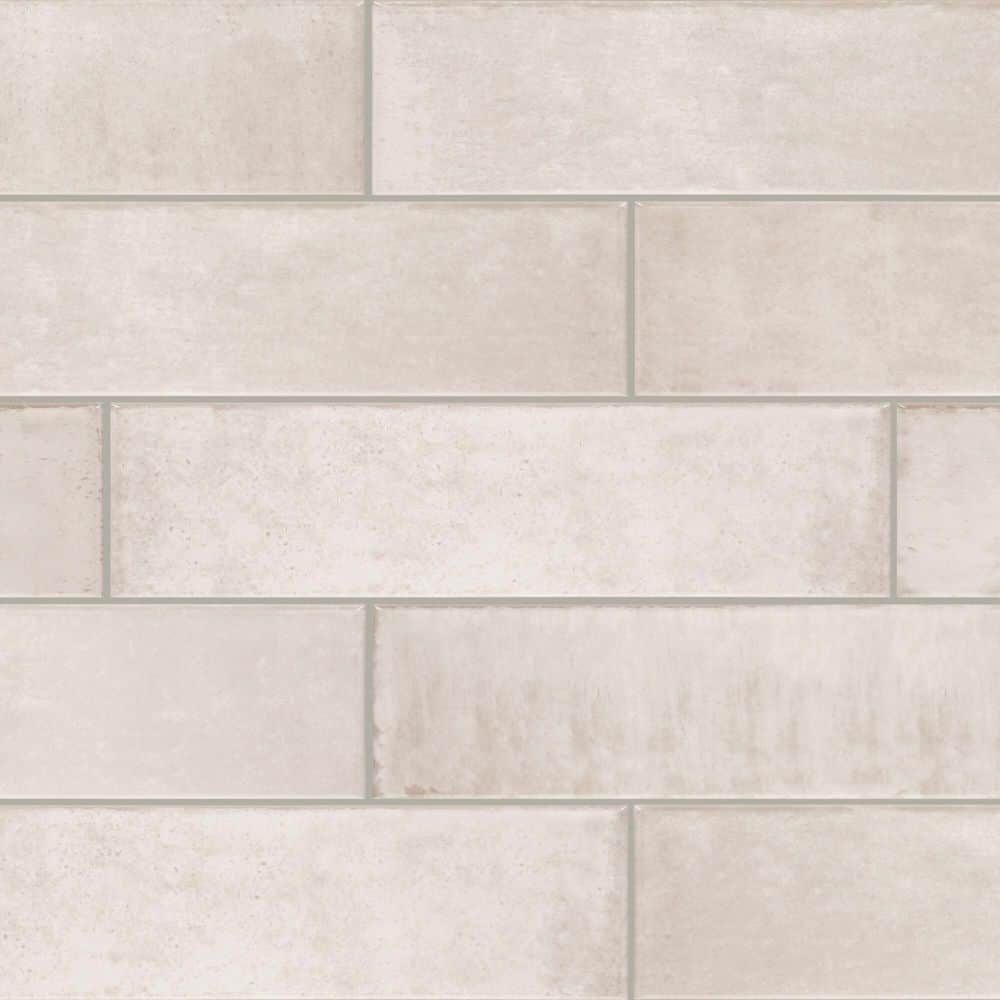When it comes to owning a pool, numerous homeowners concentrate on the quality of the water and adjacent landscaping, often overlooking one important aspect: the tiles. The quality of your pool tiles can significantly impact the aesthetic appeal and total health of your swimming environment. Regrettably, over time, these tiles can collect unsightly calcium buildup, grime, and algae, turning your previously sparkling oasis into a lackluster and uninviting space. Taking check here of this upkeep is not merely a cosmetic issue; it can stop long-term damage and costly repairs.
Grasping why pool tile cleaning is more important than you think for any pool owner is essential. Regular cleaning not only maintains the beauty of your pool but also enhances safety by preventing slips and falls on slick surfaces. So, how frequently should you clean your pool tiles, and what approaches are most effective? If you choose DIY approaches or utilize professional services, knowing the best practices can significantly enhance the outcome. In this article, we will discuss everything from the best method to clean calcium buildup on pool tiles to the merits of hiring experts in pool tile cleaning services. Get ready to take your pool's look and functionality to the next level.
Significance of Regular Pool Tile Cleaning
Maintaining the hygiene of your pool tiles is commonly disregarded, yet it plays a crucial role in the total condition and appearance of your pool. Filthy tiles not only detract from the beauty of your swimming area but can also contain slime, bacteria, and various unsafe substances. Regular cleaning ensures that your pool remains a protected and inviting place for loved ones to use, eliminating health risks associated with filthy surfaces.

An additional significant reason to focus on pool tile cleaning is the prevention of costly repairs. Lime buildup and various debris can cause lasting damage to the tiles and the pool structure if left unchecked. By investing in routine cleaning, you can lengthen the lifespan of your tiles and reduce the need for major restorations or replacements in the future. This preventive approach conserves you both effort and money, making your pool maintenance more effective.
Moreover, clean tiles aid to better water circulation and chemistry. When tiles are devoid of buildup and grime, they do not impede water flow, allowing for ideal filtration and sanitation. This can result in clear, fresher water and enhance your pool's overall performance. Regular tile cleaning facilitates an enjoyable swimming experience and optimizes the functionality of your pool tools, ensuring a nicely kept oasis in your outdoor space.
Efficient Maintenance Methods
In terms of maintaining the aesthetics and performance of your pool tiles, deciding on the suitable cleaning technique is essential. One of the most effective methods for removing calcium buildup is utilizing a mixture of vinegar and baking soda. This organic solution merely eliminates the deposits but also helps to bring back the luster of your tiles. Apply the mixture to the affected areas and allow it to rest before scrubbing gently with a non-abrasive sponge or brush. This technique is great for regular maintenance and can help avoid the need for intensive cleaning later on.
If your pool tiles have extensive buildup or discoloration, specialized tile cleaning services may be necessary. These services often use advanced techniques such as glass bead blasting, which effectively removes stubborn grime without damaging the tile surface. Pool Tile Cleaning Near Me is particularly beneficial for homeowners who want to achieve a thoroughly clean. Contracting professionals promises that the process is performed properly and smoothly, giving you peace of mind that your pool tiles are in expert hands.
For those who favor a DIY approach, there are a variety of store-bought tile cleaners on the market that can be effective against tough stains. When picking a cleaner, verify it is compatible with the material of tiles you have, as some harsh chemicals can inflict damage. Always adhere to the manufacturer's instructions for optimal results. Frequently implementing these cleaning techniques will keep your pool tiles looking pristine and help prevent costly repairs or replacements in the long run.
Preventive Maintenance Advice
To maintain your pool tiles in excellent condition, routine inspections are crucial. Make it a practice to check for any signs of wear and tear, such as fissures or discoloration. Early detection allows you to fix issues before they develop into larger problems. Pay special attention to areas where the water jets or return lines contact the tiles, as these spots can accumulate more debris and accumulation.
Another important aspect of preventive maintenance is maintaining proper water chemistry. Keeping the pH and alkalinity levels balanced not only provides a clean swimming environment but also reduces calcium buildup on your tiles. Frequent testing the water and modifying chemical levels will help prevent long-term damage and help you steer clear of costly professional cleaning in the future.
Finally, consider establishing a routine cleaning schedule that entails light scrubbing and rinsing of the tiles. This can be done once a week or every two weeks, depending on how much debris your pool sees. Incorporating this into your routine pool maintenance will make a significant difference, keeping your tiles sparkling and extending their lifespan. A little effort goes a long way in avoiding heavy accumulation and the need for extensive cleaning services down the road.
